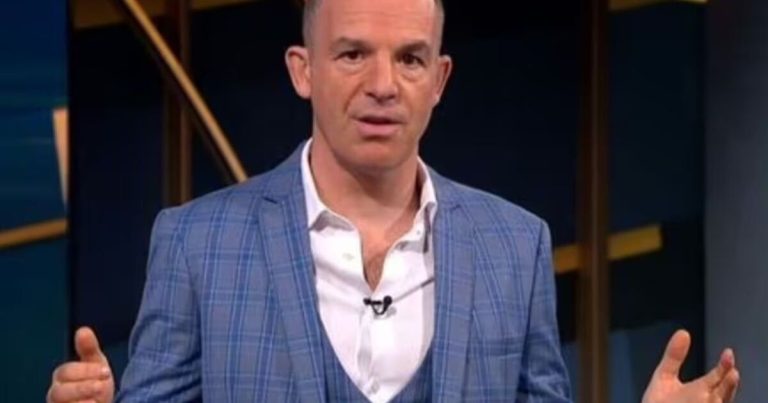
Tax inspectors will directly raid bank accounts to recover unpaid bills as the Government strengthens HMRC’s powers to tackle evasion and avoidance.
The move, which builds on previous efforts, is set to claw back billions in lost revenue and will now extend to unpaid tax on savings interest.
Account holders who have the funds to pay their tax liabilities but “choose not to do so” risk having cash directly seized from their bank accounts under the revived “direct recovery” powers.
These measures were initially introduced by the Conservatives in 2015 but suspended during the pandemic.
Now, with new proposals in the latest Spring Statement, HMRC will also seek more personal financial data from banks and building societies, allowing for quicker deductions directly from wages for unpaid savings tax.
The reintroduction of direct recovery is part of a broader effort to raise an additional £1 billion in tax revenue.
HMRC calculates that £5.5 billion is lost annually to tax evasion by businesses alone, with MPs warning that the true figure could be even higher. The crackdown follows Treasury concerns that many savers are failing to pay tax on their interest income, prompting the Government to explore linking tax payments more closely to payroll systems.
New powers under consideration would allow HMRC to adjust PAYE tax codes more swiftly, automatically deducting tax owed on savings interest.
Currently, savers either declare their interest via self-assessment or have their tax adjusted through PAYE. The proposed changes would accelerate the process, ensuring tax is deducted in real-time, potentially catching more taxpayers unaware.
A 2019 review of the direct recovery mechanism estimated it had generated an additional £178 million in tax revenue. The measure was described as a “crucial lever in tackling those debtors who deliberately choose not to pay their tax debts, while being able to afford to do so.” HMRC will only take action if the taxpayer is left with at least £5,000 across their accounts, and only after multiple failed attempts to recover the debt through letters and phone calls.
The prospect of enhanced HMRC powers has sparked concern among taxpayers and financial experts alike. John O’Connell, chief executive of the TaxPayers’ Alliance, warned: “Taxpayers will be rightly nervous about the growing tentacles of the taxman, particularly given the authoritarian nature of this new power.”
Jason Hollands, managing director at Evelyn Partners, added: “Directly deducting payments like this and effectively turning employers into tax collectors for sources of income they are not responsible for raises serious issues about an increasingly intrusive state and the potential for errors to go unnoticed when buried in payslips.”
Sarah Coles, head of personal finance at Hargreaves Lansdown, pointed out that many taxpayers might not even be aware they owe tax on their savings. She said: “The speed at which savings interest is reported will increase. Currently, you could owe tax for months and might have already spent the savings that accrued the tax debt, making it harder to pay a bill you weren’t expecting.”
Documents accompanying the Spring Statement confirm that the Government will also “explore options to automate the process for collecting lower-value tax debts.” This is expected to include enhanced data-sharing between financial institutions and HMRC, ensuring greater compliance.
Meanwhile, a new US-style rewards scheme will be introduced for whistleblowers who report family members and former employers suspected of underpaying tax. While supporters argue the move could help recover significant sums, critics fear it could lead to unjustified accusations and administrative chaos.
Charlene Young, senior pensions and savings expert at AJ Bell, cautioned: “Care is needed to ensure that technology can cope with the changes and that errors are identified and resolved to prevent people paying too much tax.”






